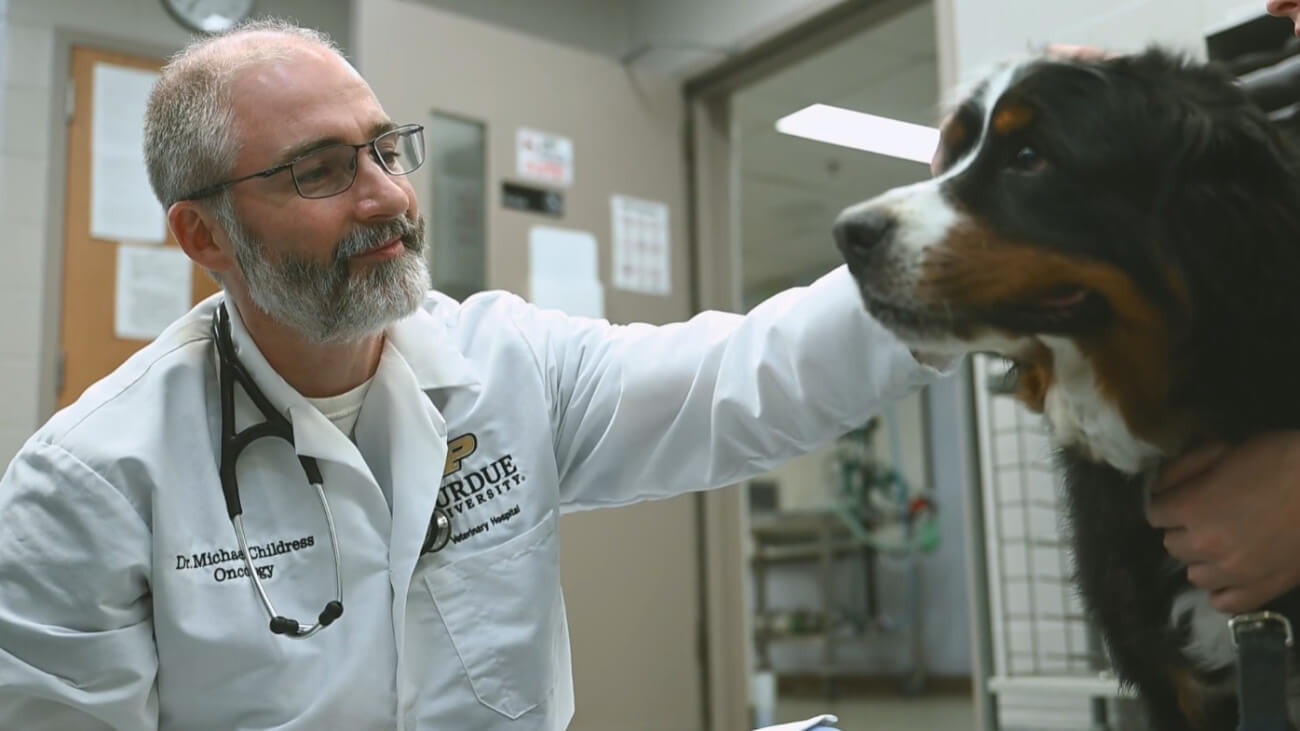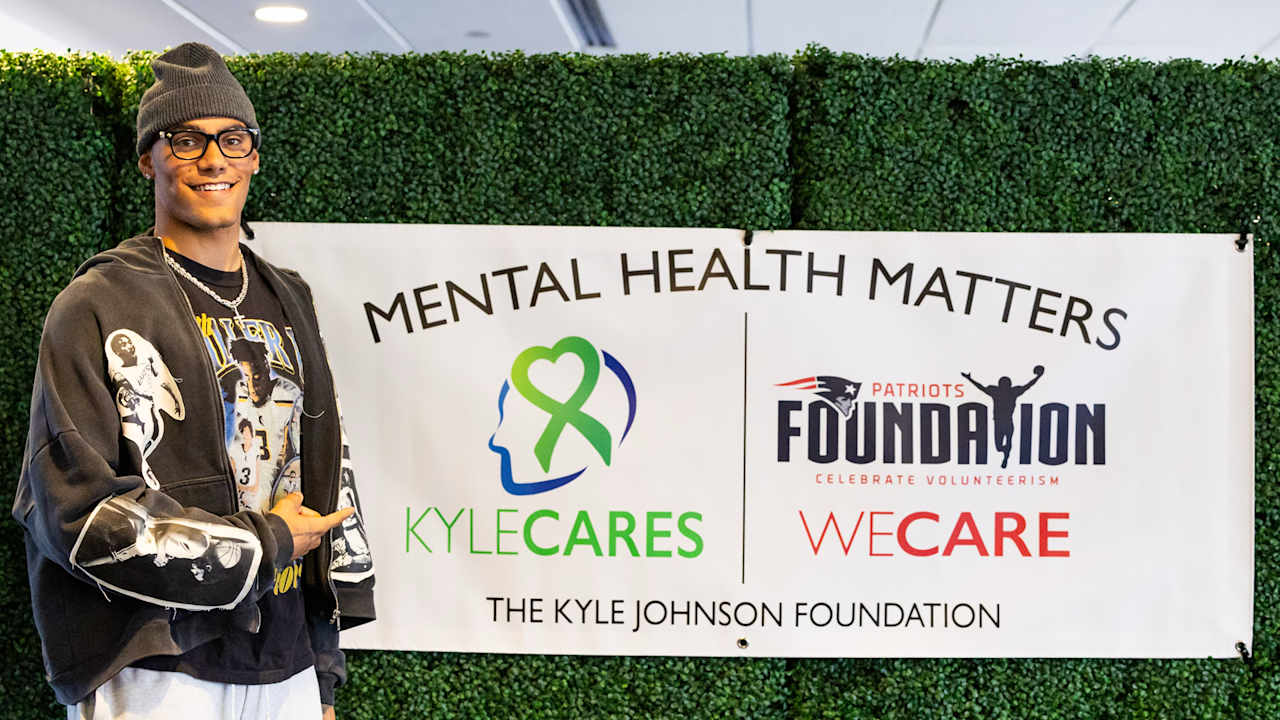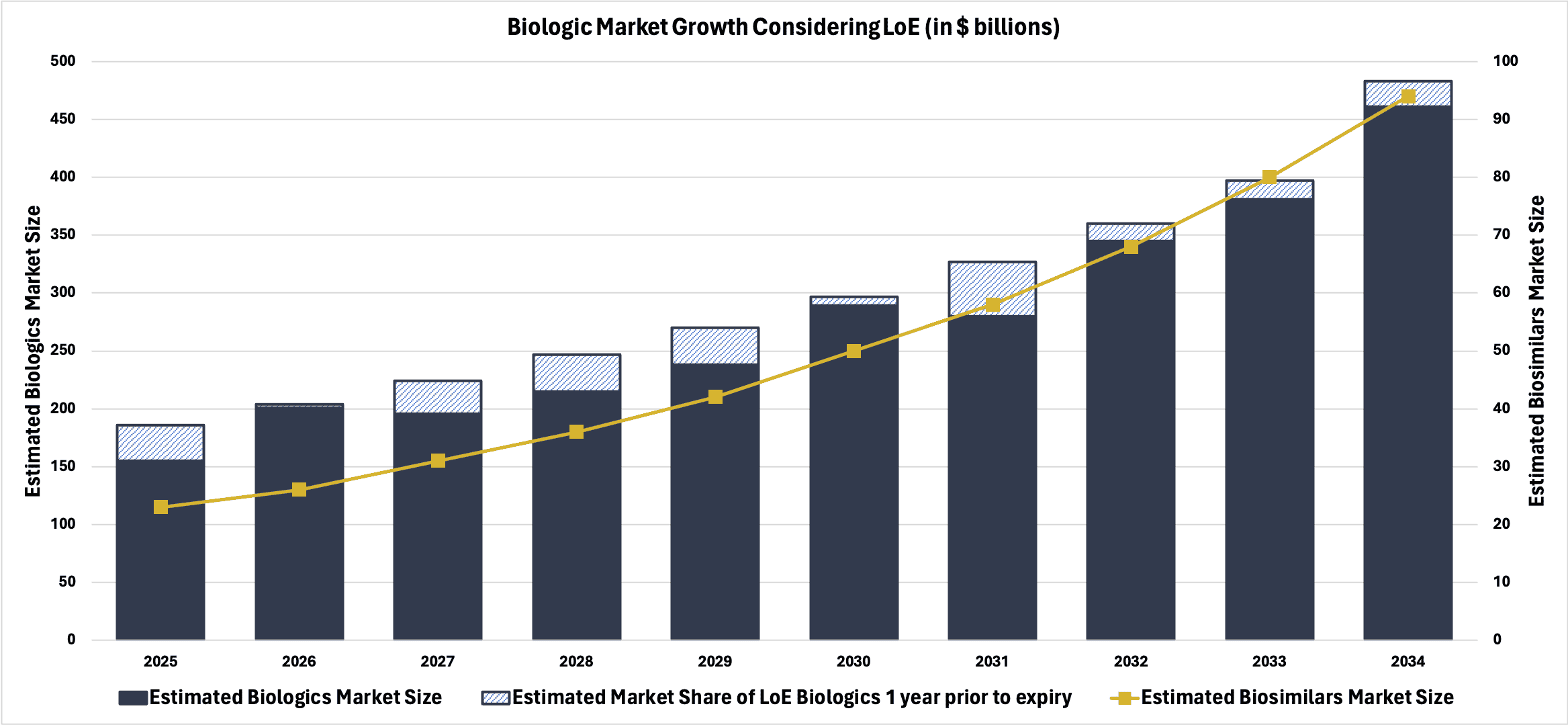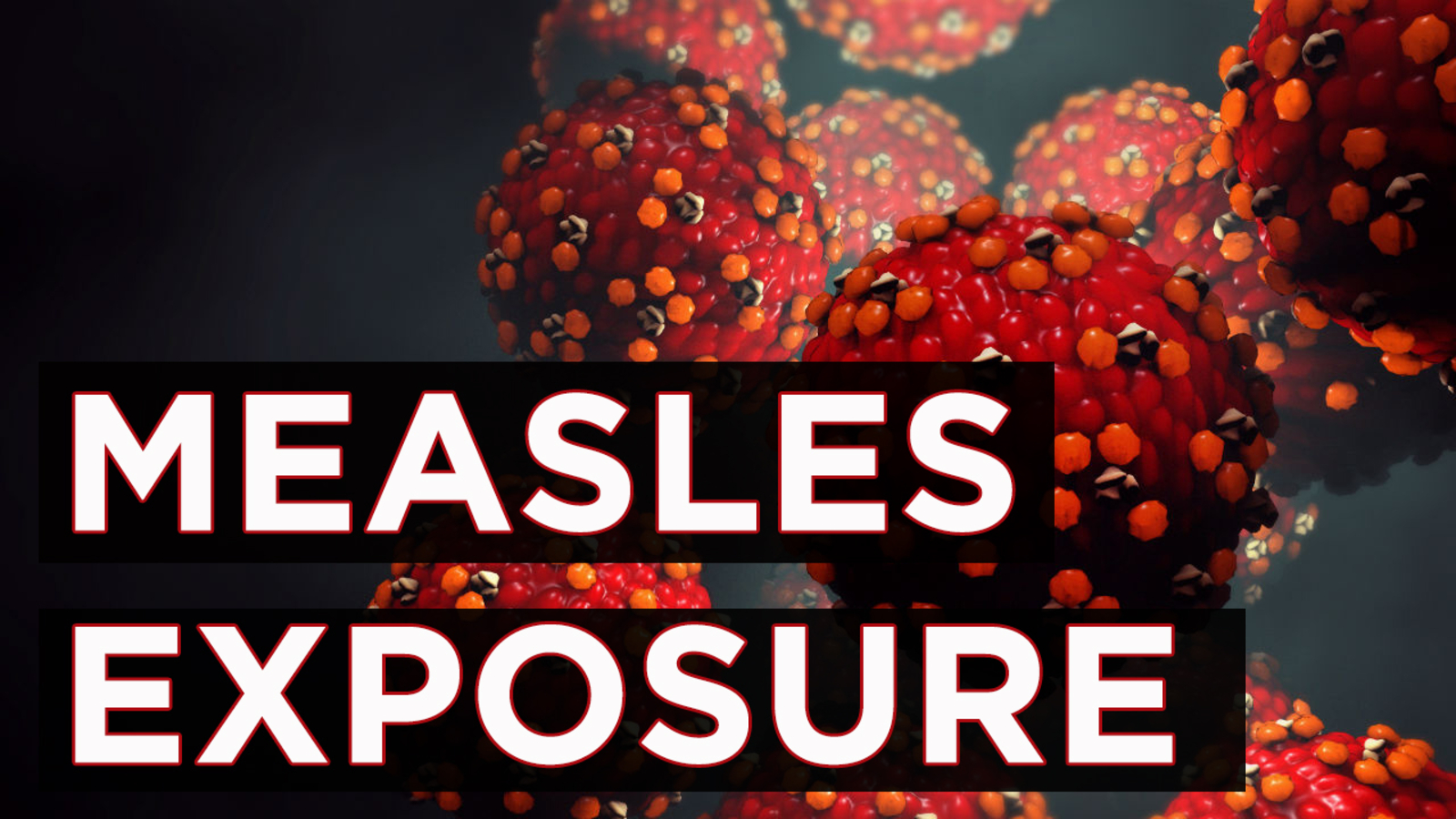
Cutting-Edge One Health Research Takes Center Stage at Purdue's Film Festival Showcase
Bridging the Gap: Purdue's Veterinary Medicine Embraces One Health Approach Purdue University's College of Veterinary Medicine has long been at the forefront of interdisciplinary health research, with a deep-rooted commitment to the One Health philosophy. This holistic approach, which recognizes the interconnectedness of human, animal, and environmental health, is more than just a principle—it's a way of life for the college. When the Clinical and Translational Science Award (CTSA) organization invited the college to participate in a film festival, it was a natural fit. As an active member of CTSA, Purdue's veterinary experts saw this as an opportunity to showcase their innovative research and collaborative spirit, further demonstrating their dedication to breaking down traditional disciplinary barriers in healthcare. The film festival represents yet another platform for the college to highlight its groundbreaking work in understanding the complex relationships between different health ecosystems, reinforcing why Purdue remains a leader in progressive medical research and education.









